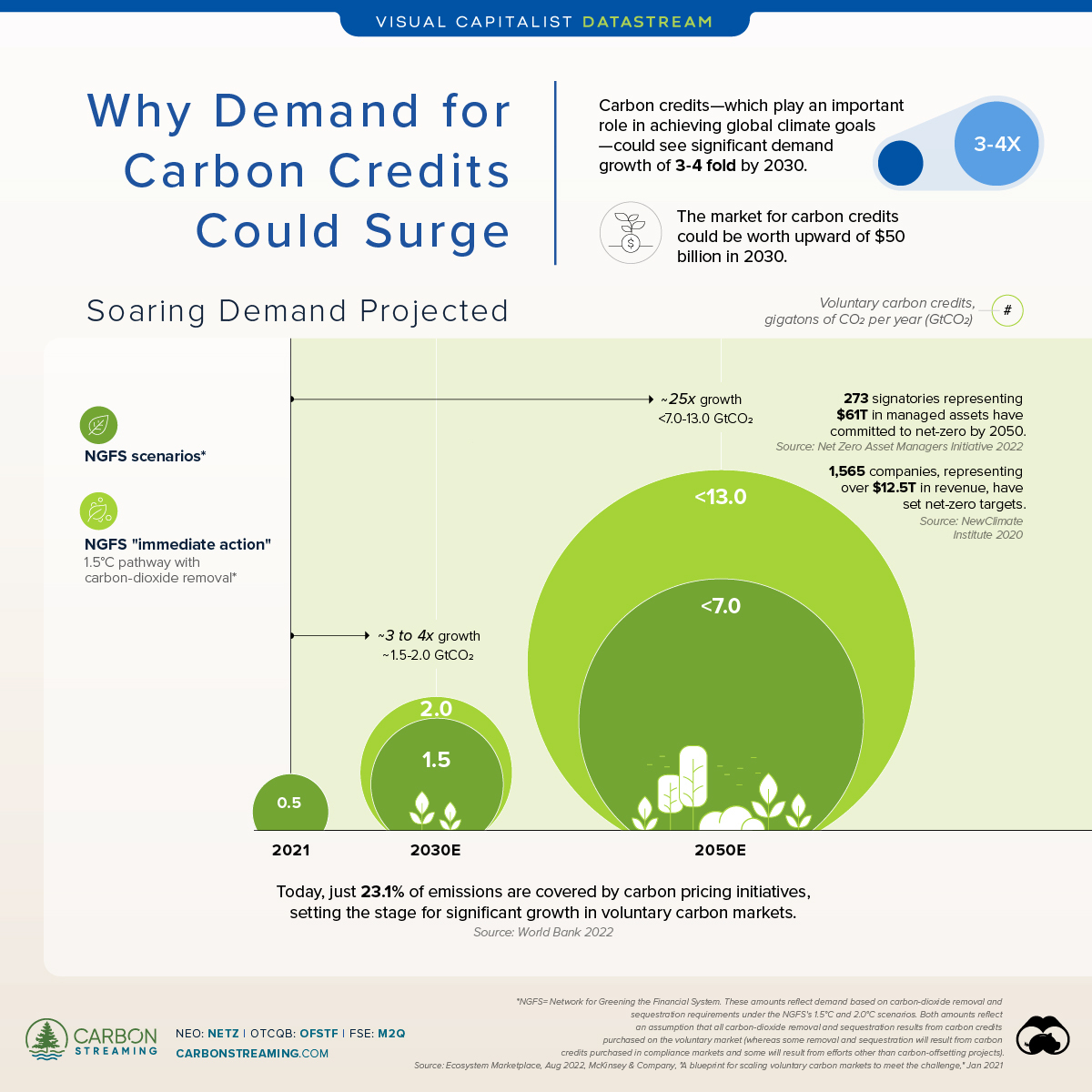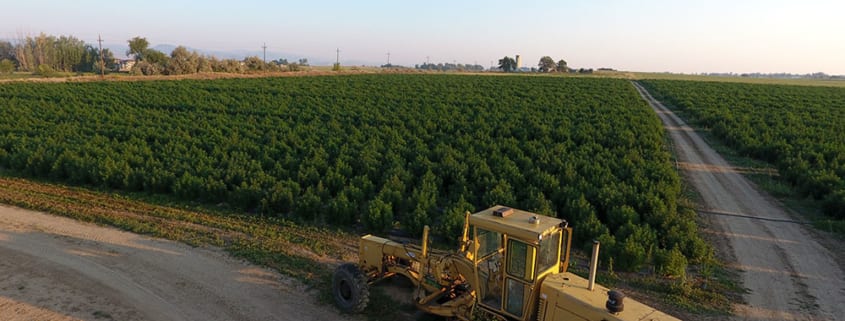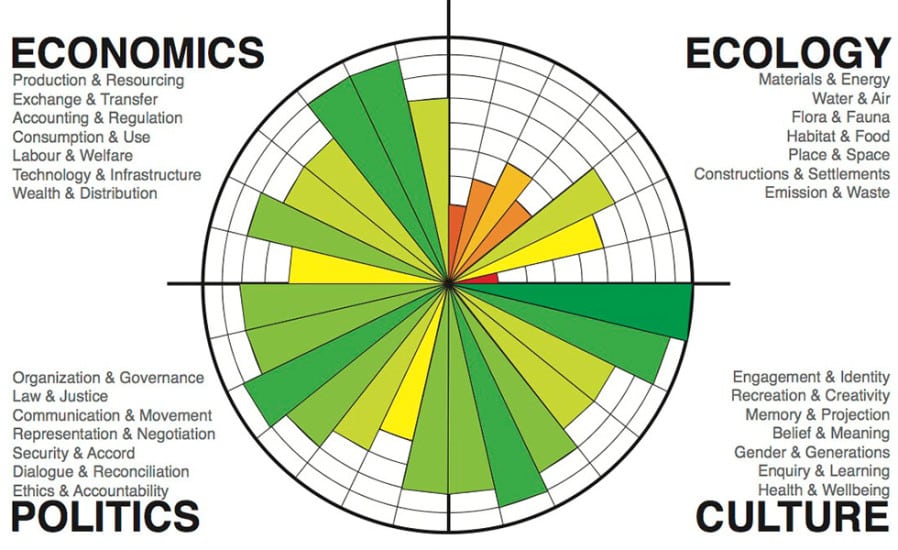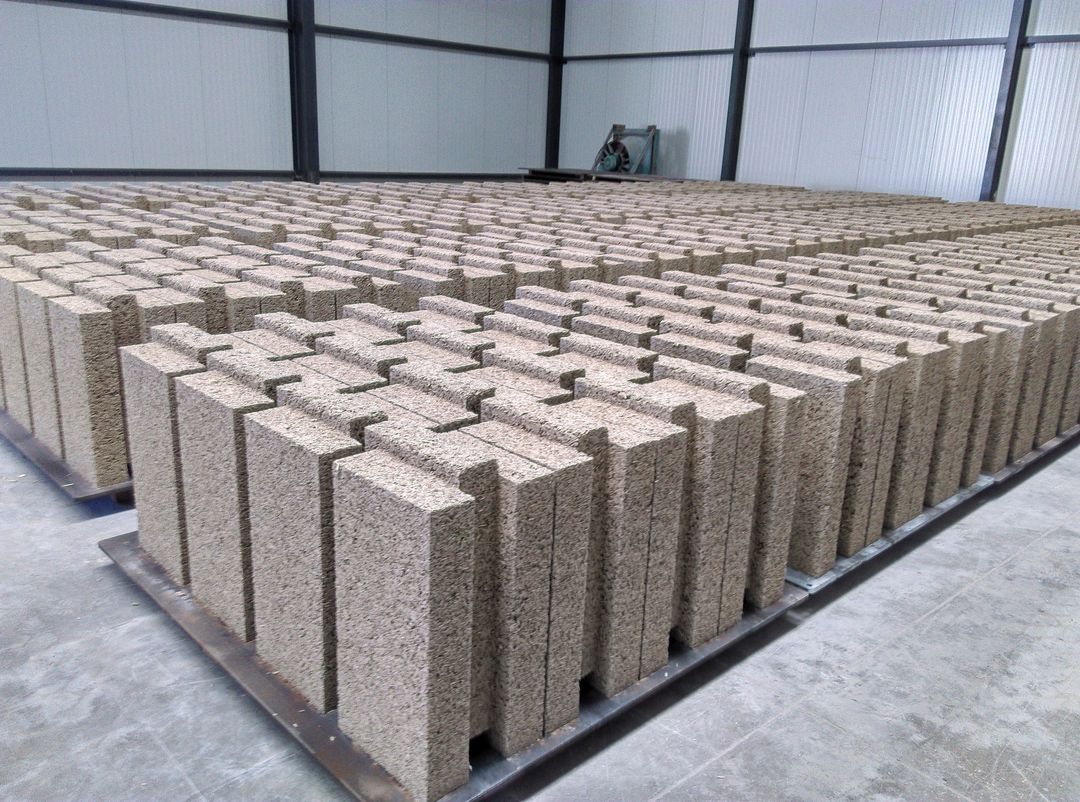How to make hemp milk, including hemp milk benefits and a simple homemade hemp milk recipe with two…
Make delicious, creamy, dairy-free hemp milk at home in minutes.
Need a dairy-free milk alternative that doesn’t contain any harmful ingredients? Try this homemade hemp milk! This homemade…
Find your way to better health.
Share
Copy To Clipboard
Share on Facebook
Share on Twitter
Share on Pinterest
Pioneering a Sustainable Future Through Hemp
In the heart of the burgeoning hemp industry, The Hemp Nation Group stands as a beacon of innovation and collaboration. This collective of a dozen hemp companies and organisations is not just about producing and marketing hemp products; it’s about revolutionizing our relationship with this versatile plant and its transformative potential.
Central in The Hemp Nation Group’s philosophy lies a deep commitment to cooperation. The group fosters a spirit of shared knowledge and expertise, encouraging its members to collaborate on research, product development, and marketing strategies. This collaborative approach ensures that the group is constantly pushing the boundaries of hemp’s possibilities, maximizing its impact on a global scale.
Education is another cornerstone of The Hemp Nation Group’s mission. The group recognizes that widespread adoption of hemp requires a clear understanding of its benefits and applications. They actively engage in educating the public, debunking myths, and highlighting the transformative power of hemp for our environment, health, and economy.
Inclusiveness is paramount to The Hemp Nation Group’s approach. They believe that hemp’s benefits should be accessible to all, regardless of background or economic status. The group actively supports fair trade practices, ensuring that hemp farmers and producers are fairly compensated for their hard work.
Grassroots policies are at the core of The Hemp Nation Group’s advocacy. They understand that the success of the hemp industry depends on supportive regulations and policies. The group actively engages with policymakers, advocating for progressive legislation that promotes responsible hemp cultivation, sustainable practices, and consumer protection.
Open source is a guiding principle for The Hemp Nation Group. They believe that sharing knowledge and expertise is essential for the advancement of the hemp industry. The group actively contributes to open-source initiatives, sharing research findings, cultivation techniques, and product development innovations with the wider community.
Ecology and sustainability are at the heart of The Hemp Nation Group’s ethos. They recognize hemp’s potential to address environmental challenges, from reducing pollution to restoring soil health. The group promotes sustainable hemp cultivation practices, ensuring that hemp production is compatible with environmental protection.
The Hemp Nation Group’s commitment to these principles is shaping the future of hemp, positioning it as a transformative force for positive change. By fostering cooperation, promoting education, championing inclusivity, advocating for fairtrade practices, supporting grassroots policies, embracing open source, and prioritizing ecological sustainability, The Hemp Nation Group is paving the way for a sustainable future where hemp plays a pivotal role in building a healthier, more equitable, and environmentally responsible world.
hempnationgroup
February 20
Why is Hemp Known as the “Green Buffalo” of Plants? …

Hemp Harvester at work.
Hemp Harvester at work.

Need a dairy-free milk alternative that doesn’t contain any harmful ingredients? Try this homemade hemp milk! This homemade…
March 19
Make delicious, creamy, dairy-free hemp milk at home in minutes.
Hemp as a tool for prosperity.
Calling all hemp enthusiasts, changemakers, and green dreamers! 🌱😁💡
The Hemp Nation Group2024-02-08
Invest in the Future of Hemp with The Hemp Nation Group
The Hemp Nation Group2024-02-01
What are the ‘digital commons’?
The Hemp Nation Group2024-02-01
The promising opportunities of common hemp
The Hemp Nation Group2024-01-31
The financial options of The Group
The Hemp Nation Group2024-01-31






